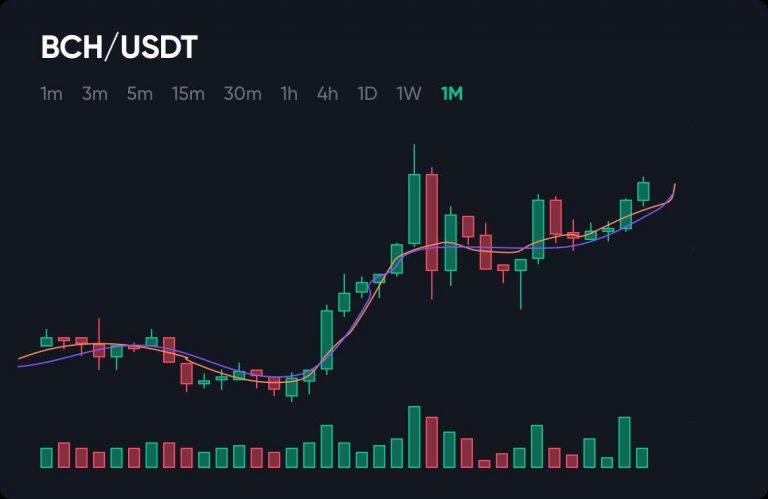2019-8-9 23:00 |
A conversation with Michelle Bond, Ripple’s Global Head of Government Relations
The entrance of Facebook’s Libra whitepaper has caught the world’s attention. While many look to the U.S. to help define a framework for digital assets and blockchain regulation, the question remains: Will policymakers strike the right balance between fostering innovation and protecting consumers? What are the implications, not just in the U.S., but around the world?
In a live discussion, Michelle Bond, Ripple’s Global Head of Government Relations, discusses the current global regulatory landscape and what lies ahead with Ripple’s SVP of Marketing Monica Long.
Bond previously noted, “Globally, there isn’t a single jurisdiction that isn’t paying attention to the fintech space, especially when it comes to blockchain and digital assets.” In the United States alone, three Senate hearings in July evaluated the potential impact of digital asset regulation on industry growth and economic development. CEO Brad Garlinghouse and Executive Chairman and Co-Founder Chris Larsen wrote an open letter to Congress urging these legislators to support fintech policy that fosters responsible innovation and classifies digital assets in a way that recognizes their fundamental differences—not painting them with a broad brush.
Around the world, many governments and policy makers are working together to establish regulation that does just that. Regions, including the U.K., Singapore, Switzerland and Abu Dhabi, already have in place digital asset market frameworks that both support innovation and address risk. For example, the U.K. recently issued guidance classifying XRP with non-security attributes. As Commissioner Hester Peirce of the U.S. Securities and Exchange Commission (SEC) recently noted, these frameworks can serve as a model for countries with less clarity that are looking to take cues and “co-learn” how to navigate digital asset and blockchain regulation.
No doubt, as the industry continues to mature, governments and policy makers are feeling the urgency for more regulatory clarity. The U.S. and other pro-innovation countries can set the tone for the rest of the world to follow. A principles-based approach would be most conducive because it is predictable and workable. Jurisdictions should also have clear definitions for digital assets. The industry is still in early stages and needs policy frameworks now to help it evolve and scale over time.
Interested in learning more about how you can use digital assets in cross-border payments to source liquidity on demand, as an alternative to pre-funding? Contact us.
The post Digital Currency Regulation Around the World appeared first on Ripple.
origin »LALA World (LALA) на Currencies.ru
|
|















